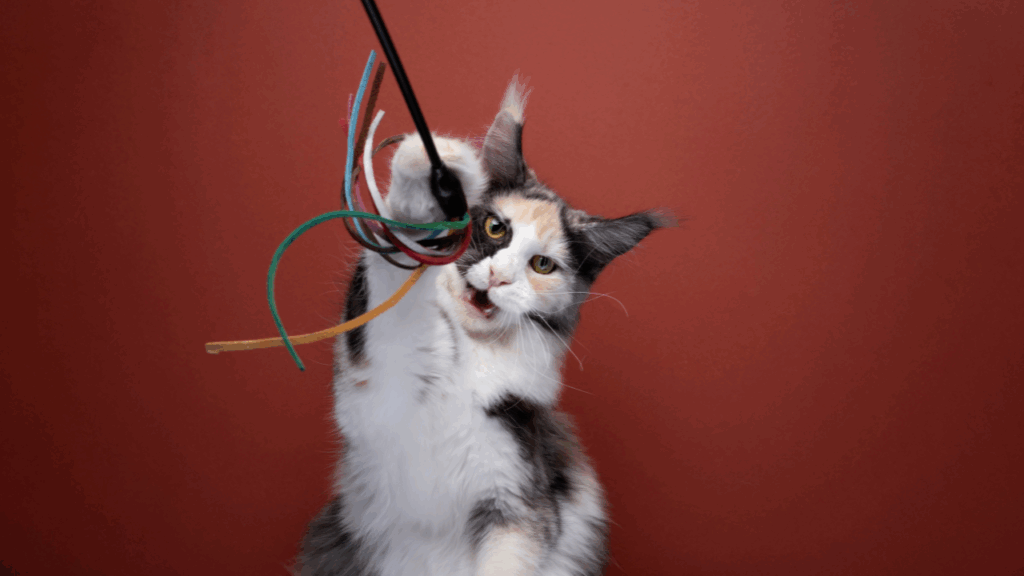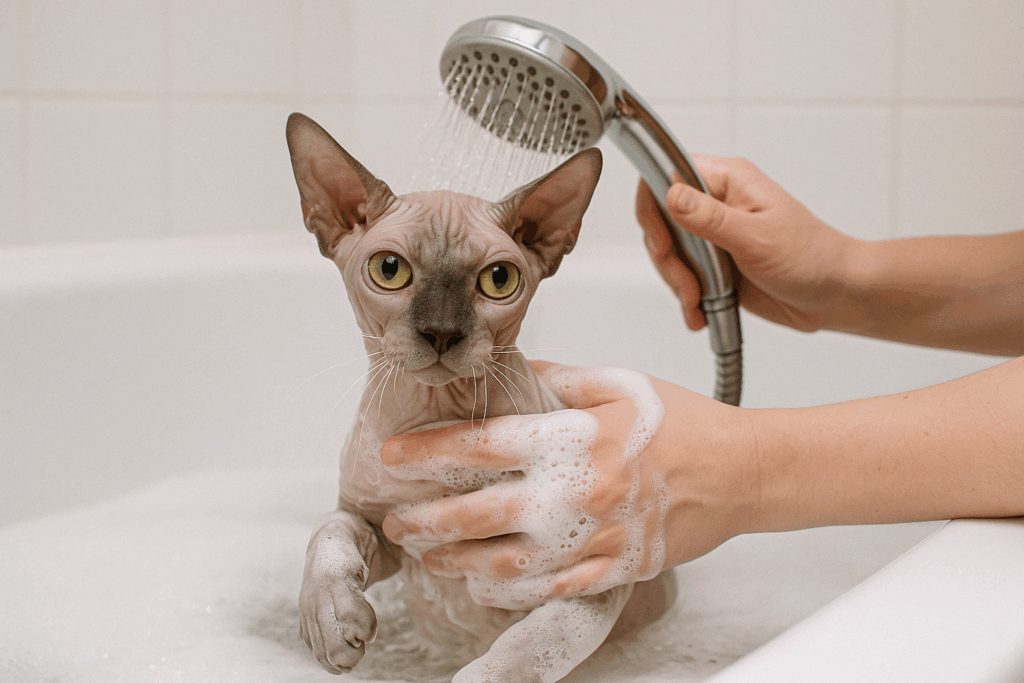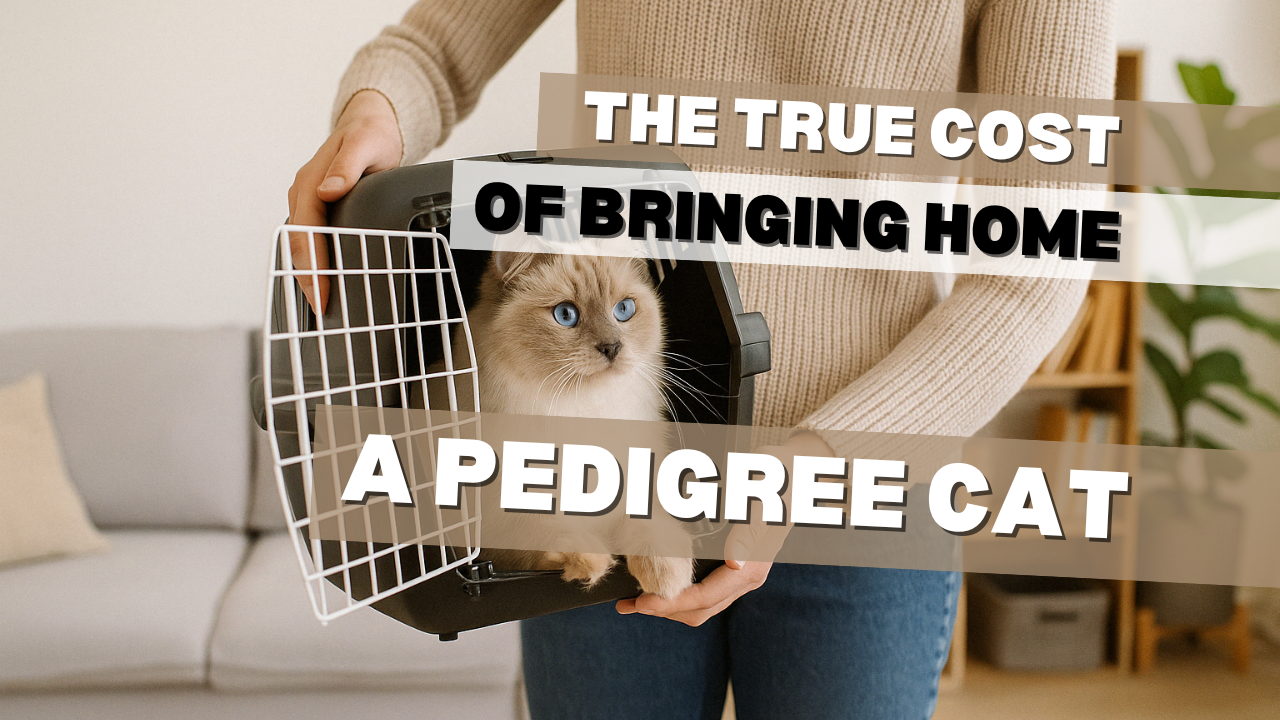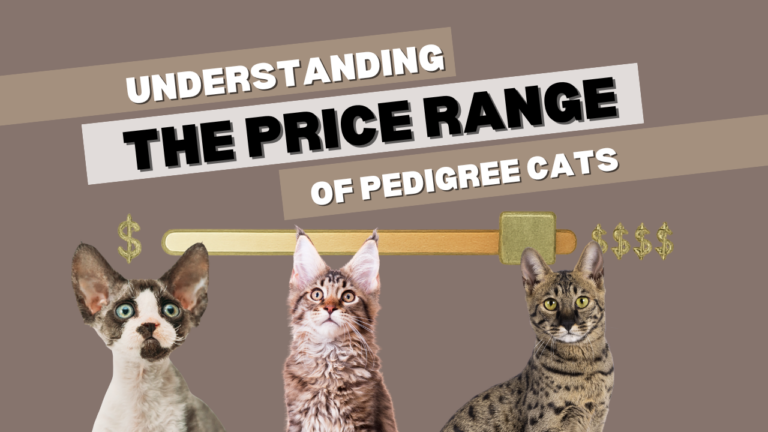The True Cost of Bringing Home a Pedigree Cat
So, you’re thinking about getting a pedigree cat? That’s awesome! There’s something special about those distinct breeds—their unique looks, quirky personalities, and that little bit of prestige that comes with a registered, purebred feline. But before you start imagining a fluffy Maine Coon or a sleek Siamese curling up on your couch, let’s talk about the real initial investment.
Buying a pedigree cat isn’t just about the price tag on the kitten. There are upfront costs and ongoing commitments to consider, and you should feel confident and prepared. This guide breaks it all down in a way that’s easy to digest, so you can make an informed decision.
Why Choose a Pedigree Cat?
First, let’s clear up what makes a pedigree cat different from a regular domestic cat. A pedigree cat comes from a recognized breed with documented lineage, often registered with organizations like the Cat Fanciers’ Association (CFA) or The International Cat Association (TICA). These cats are bred for specific traits—think the Persian’s luxurious coat or the Abyssinian’s playful energy. You’re not just buying a pet; you’re investing in a cat with predictable characteristics, backed by careful breeding.
But that careful breeding comes at a cost. Let’s dive into the initial expenses you’ll face when bringing home a pedigree cat.
The Purchase Price: What to Expect
The biggest upfront cost is the price of the kitten itself. Pedigree cats vary widely in price depending on the breed, the breeder’s reputation, and the cat’s lineage. Here’s a rough breakdown:
- Common breeds (e.g., Siamese, Persian): $500–$1,500
- Popular or rare breeds (e.g., Maine Coon, Savannah): $1,500–$5,000
- Show-quality or champion-lineage cats: $5,000 and up
Why the range? Breeders invest a lot in their programs—health testing, quality food, and proper care add up. A reputable breeder will provide you with a kitten that’s been vet-checked, vaccinated, and often microchipped. If you’re tempted by a super cheap pedigree cat, be cautious. Low prices can signal backyard breeders who cut corners on health and welfare.
Pro tip: Always buy from a verified breeder registered with a recognized cat association. They’ll provide health guarantees and pedigree papers, which are worth the extra cost for peace of mind.
Initial Veterinary Costs
Your new kitten will need some vet care right off the bat. Most reputable breeders send kittens home with their first vaccinations and deworming, but you’ll still need to budget for:
- Initial vet visit: $100–$200 to confirm your kitten’s health.
- Spay/neuter: $100–$400, unless the breeder has already done it (many do for pet-quality kittens).
- Microchipping: $25–$50, if not included by the breeder.
- Vaccinations: $50–$150 for boosters or additional shots (e.g., feline leukemia).
Some breeds, like Bengals or Sphynx, may need specific health screenings due to genetic predispositions. For example, Maine Coons are prone to hypertrophic cardiomyopathy (HCM), so a cardiac screening might cost $200–$500. Ask your breeder about breed-specific health concerns so you’re not caught off guard.
Essential Supplies for Your New Cat
Before your pedigree pal arrives, you’ll need to stock up on supplies. Here’s a checklist of essentials and their approximate costs:
- Litter box: $20–$100 (self-cleaning models are pricier but convenient).
- Litter: $10–$30 for a month’s supply.
- Food and water bowls: $10–$50 (ceramic or stainless steel is best).
- High-quality kitten food: $20–$50 for a month’s supply (pedigree cats often need premium diets).
- Scratching post or cat tree: $30–$200 (invest in a sturdy one for active breeds like Abyssinians).
- Carrier: $20–$80 for safe transport.
- Bed or blanket: $10–$50 for a cozy spot.
- Toys: $10–$50 to keep your cat entertained.
- Grooming tools: $10–$50 (especially for long-haired breeds like Persians).

Total for basic supplies? Around $150–$700, depending on whether you go budget-friendly or splurge on fancy gear. Breeds with special needs—like hairless Sphynx requiring skin care products or Ragdolls needing regular grooming—may push costs higher.
Hidden Costs to Watch For
Beyond the obvious expenses, there are a few sneaky costs that can add up:
- Pet deposit or fees: If you rent, your landlord might charge a pet deposit ($100–$500) or monthly pet rent ($10–$50).
- Travel costs: If your dream breeder is far away, factor in gas, flights, or shipping fees ($500–$1000).
- Pet insurance: Highly recommended for pedigree cats, especially breeds prone to health issues. Expect $10–$50/month, with an initial signup fee of $25–$50.
Pet insurance is a lifesaver if your cat needs emergency care. For example, a single ER visit for a blocked urinary tract (common in male cats) can cost $1,000 or more. Insurance helps you avoid dipping into savings for unexpected vet bills.
Budgeting for Your Pedigree Cat
Let’s put it all together. Here’s a sample budget for the initial investment in a mid-range pedigree cat (e.g., a pet-quality Siamese or Maine Coon):
- Kitten purchase: $3,000 – $7,000 (Depending on Breed)
- Initial vet visit + vaccinations: $150
- Spay/neuter: $200
- Microchipping: $40
- Supplies: $300
- Pet insurance (first month): $30
- Pet deposit (if renting): $200
Total: ~$5000
This is just a starting point. Rare breeds or show-quality cats could easily double or triple that number. On the flip side, adopting a pedigree cat from a rescue (yes, they exist!) might lower the purchase price, though you’ll still need to cover supplies and vet care.
Ongoing Costs to Keep in Mind
While this post focuses on the initial investment, it’s worth mentioning that pedigree cats come with ongoing costs. Food, litter, grooming, and annual vet visits can add up to $500–$2,000 per year, depending on the breed and your lifestyle. Breeds like Persians require professional grooming ($50–$100 per session), while hairless breeds need regular baths with special products. Factor these into your long-term budget to avoid surprises.

Tips for Saving Money Without Cutting Corners
Want to keep costs down while still giving your cat the best? Here are some practical tips:
- Shop smart for supplies: Look for deals on sites like Chewy or Amazon, but don’t skimp on quality food or litter.
- Consider pet insurance early: It’s cheaper to insure a young, healthy cat than to wait until issues arise.
- Adopt from a breed-specific rescue: You might find a pedigree cat for a lower adoption fee ($100–$500).
- Ask breeders about payment plans: Some reputable breeders offer installments for expensive kittens.
- Invest in durable gear: A high-quality cat tree or carrier will last years, saving you money in the long run.
Why It’s Worth It
You might be looking at these numbers and wondering, “Is a pedigree cat really worth it?” For many, the answer is a resounding yes. These cats bring joy, companionship, and a touch of elegance to your home. Their predictable traits mean you can choose a breed that fits your lifestyle—whether you want a lap-loving Ragdoll or a chatty Siamese. Plus, working with a reputable breeder ensures you’re getting a healthy, well-socialized kitten, which can save you money (and heartache) down the road.
Final Thoughts
Bringing home a pedigree cat is a big decision, but it’s also an exciting one. By budgeting for the initial investment—purchase price, vet care, supplies, and those sneaky hidden costs—you’ll be ready to welcome your new furry friend with confidence. Take your time researching breeds and breeders, and don’t be afraid to ask questions. A verified breeder will be happy to guide you through the process.
Got your heart set on a specific breed? Drop us a comment on the Verified Cat Breeders website, and we’ll connect you with trusted resources to start your journey. Here’s to finding the purr-fect pedigree cat for your home!


